|
8/14/2022 0 Comments Small. Appreciative.
Life has some funny cycles. As I write this, I'm just a handful of hours home from a couple of days in Great Falls, that visit coming on the heels of another Great Falls trip the previous week. Before that, I think the last time I was in Great Falls other than just passing through was ... 2010? 2011? A long time ago. I hope this means I'll be going back sooner rather than later. I like that town.
I was there to take part in a panel discussion of Montana authors, sponsored by the Great Falls Public Library as part of the Big River Ruckus festival. It was a blistering-hot morning, and my planet-sized melon sizzled. As is often the case for literary events, we didn't have a big crowd (I believe the applicable adjectives are "small" and "appreciative"), but we had good times in abundance. I joined poet Dave Caserio (a Billings denizen, like me) and writer Kristen Inbody, and we had a rollicking good time talking about writing in the West, ideas, how place figures into our writing, and much more.
Whenever I do an event, I'm put in mind of a line from a Pernice Brothers song: It doesn't matter if the crowd is thin / we sing to six the way we sing to ten ...
It's a funny line, of course, but the sentiment is dead-on. I've seen everything there is to see at readings, book signings, and the like: small gatherings, no gatherings, full houses, whatever. Whatever you get, you deliver as best you can to whoever was kind enough to show up. It's a charming business in that way. Every hand that's there to shake—or the only hand that's there to shake—is another chance to make a connection. And connections are everything. One person showed up? Great! Take that person out for dinner or a drink. The whole town showed up? Fantastic! Now you've got a party.
Love is love, and we love the stage ...
Before heading home Sunday, I drove out northwest of Great Falls to see the dairy farm my father grew up on. It was only the third time I've been there, and the second was just a drive-by, but I remembered the route just fine. I drove down the long driveway to where the house is, but nobody came out, and I wasn't about to go knocking on doors, so I took a quick look, then slipped out of there quietly.
Here's a nice shot from atop the bench, about a mile and a half from the farmhouse. Sorry for the telephone pole bisecting Square Butte.
When I talk about writing and where it comes from, as I did during our discussion Saturday, I'm apt to talk about how we are born with stories. We're not blank slates. Going to a place that was formative for my father (in mostly devastating ways, unfortunately) is a good demonstration of what I mean. It allows me to put eyes on his life, to process it, and to make sense of my own. Because of the way his life was shaped by his early experiences, he had a story to transfer to me, one that I would start to carry when I came into the world, along with the one I would live out in my own days. The same is true, of course, with my mother, and her parents, and his parents, and their parents before them, and on and on. The stories are inside us, already coded. We draw them out, interpret them, weave them with imagination and memory (in the case of fiction), give them purpose. It's a beautiful thing. Even when the underlying material is made up of mostly terrible things.
"Before you climb the mountain, first the foothills must appear."
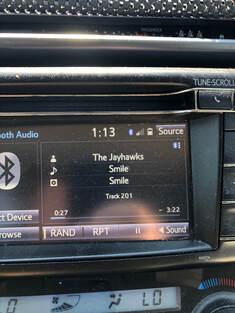
It was a long, hot, empty drive home for Fretless and me. He mostly slept. I mostly sang along with the random shuffle of iTunes, something I can get away with when I'm alone. (I certainly wouldn't subject any human to my singing voice.)
On the final stretch home, I received a particular delight when iTunes served up one of my favorite songs but also one that doesn't often swim to the top of the heap. I suppose most songs remind us of something, someone or some point in time. Certainly, this one does that for me. There's a tinge of melancholy, though, because it's a reminder of a friendship I miss. It's been many years since it went by the wayside, and I've come to embrace something I was told a long time ago when I was seeing a counselor while in the midst of divorce: Some friendships are like cab rides. They have a beginning and an end. Indeed, they do.
Anyway, it was nice to hear the song at that moment, with my head where it was (reeling in other memories), to recall good times with someone who was a good friend, and to put out a silent wish: I hope the good life has found you where you are.
It certainly has found me. Coming home—to Billings, to Elisa, to Spatz the cat—is the best arrival I've ever known. It makes the leaving worthwhile.
0 Comments
8/5/2022 0 Comments Great Falls, AdequatelyCome October 1st, it will be six years of marriage and about seven and a half years of togetherness for Elisa and me, and let me tell you: That's long enough that most of the stories have been told, mine to her and hers to me. We scooted away for an overnight trip to Great Falls this week. I had an event at Cassiopeia Books and an overdue acquaintance to make with owner Millie Whalen, and it was nice that Elisa and I could get away, just the two of us, for a little while. On the trip home, one of those untold stories spilled out ... Great Falls is where a lot of my family lore resides—my father, born in Conrad, grew up around there, and he and my mother married there long before I showed up—but it's not somewhere I often go. In nearly sixteen years of living in Montana, I've been only a handful of times, far less often than I've been to Missoula or Bozeman or Livingston or Helena or, heck, Miles City or Glendive. But in 1992, I almost moved there. That's the story that had gone untold. Now, when I say "almost," some qualifiers are in order. I wanted to move to Great Falls (or thought I did). The sports editor at the Great Falls Tribune at the time, a wonderful guy named George Geise, wanted me to move to Great Falls. The man who could make it happen, a senior-level editor at the paper I'd just as soon not name (but whose name I've never forgotten), made it clear I wouldn't be welcome there. The reason: I didn't have a college degree, and he didn't think I was qualified for the job without one. (I still don't have a sheepskin, but that's another story.) Now, let's be clear: This guy was flat-out wrong. I could handle the job I'd applied for (sports copy editor/page designer). I was handling it at a paper of similar size in Texarkana, Texas, and I would go on to handle it at progressively larger, more prestigious papers. I would, in time, become well-decorated and well-traveled. I would lead workshops in editing. I would direct a large sports department at a large West Coast newspaper. I would ... but I hadn't yet. Not in 1992. Then, I was a 22-year-old kid with some talent and, in fairness to the Executive Who Shall Not Be Named, some cockiness that was a bit out of proportion to the skills I'd honed to that point. And that imbalance, I think, would have been a perfectly valid reason for him to say, "Sorry, kid, not going to happen here." But that's not what he said. He fixated on the degree I didn't have. I didn't get the job. George Geise was disappointed. So was I. There was personal history to unearth in Great Falls, and I was already well in love with Montana, an affair that goes on and on. I thought I was missing out on something important. So, stuck for a while longer at a job in Texarkana I no longer wanted*, I made a resolution, one that has stuck for 30 years: No way was a guy like that going to be right about me. I made sure of it. *—In Texarkana, the single most appalling moment of my journalism career, now more than three decades old, happened. When Magic Johnson rejoined the NBA after his HIV-positive diagnosis, I played the story big on the front page of the sports section (as did just about every paper in America). The next day, a copy of the page was in my mailbox, the story circled in red pen, along with a note from an executive at the paper: "Magic Johnson is an immoral HIV carrier, and none of our readers care about him." I should have quit on the spot. It's to my eternal chagrin that I did not. I did, however, start looking for a new job immediately. 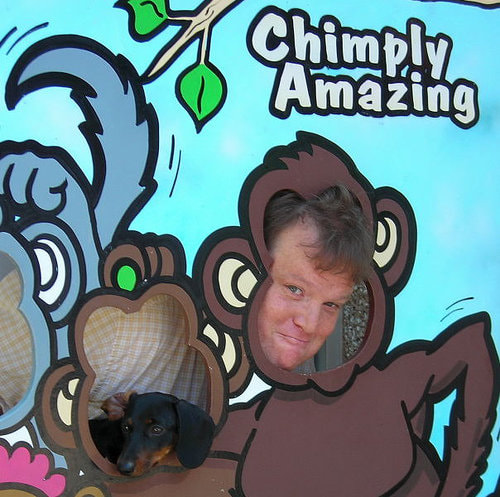 Me with Zula (RIP), clowning around in Great Falls in 2007. Me with Zula (RIP), clowning around in Great Falls in 2007. Now ... Did I miss out on something by not finding my way to Great Falls in 1992? Well, yes. Something. But not everything, and not the most important things. I didn't make it to Montana and stick here until 2006, when I was 36. Within a couple of years, I was writing books, something I'd have not even attempted 14 years earlier. By the time I got here, I'd already dug into the personal history that was faintly compelling me in my early 20s. I'd found my grandfather and closed an open question. I'd begun to talk to my dad about his life and his memories, so I could find ways to get closer to him. In subsequent years, I'd help, in whatever meager way I could, to put ghosts to rest. The headstone pictured below on my grandmother's grave (in Great Falls) went in just 15-plus years ago, well after her death, as my father began to forgive her for the ways she'd wronged him, a thawing of feelings that came about because he and I started digging in the hard soil of his past. On some level, I'm just guessing, but I doubt any of that would have happened the way it did if I'd shown up in Great Falls at the callow age of 22 and burned through that job the way I burned through others during that time in my life. Montana might have been over and done with before I could have gotten to know her. I might have missed the best years I've enjoyed here. The very best years of my life, as it turns out.
So far, anyway. |
About CraigCraig Lancaster is an author, an editor, a publication designer, a layabout, a largely frustrated Dallas Mavericks fan, an eater of breakfast, a dreamer of dreams, a husband, a brother, a son, an uncle. And most of all, a man who values a T-shirt. Archives
July 2024
By categoryAll 600 Hours Of Edward And It Will Be A Beautiful Life Awards Books Bookstores Community Connection Craft Craig Reads The Classics Dreaming Northward Education Edward Adrift Family Geography History Libraries Memory Montana NaNoWriMo Northward Dreams People Plays Poetry Public Policy Q&A Social Media Sports Stage Texas The Fallow Season Of Hugo Hunter The Summer Son This Is What I Want Time Travel Work Writers Writing Archives
July 2024
|
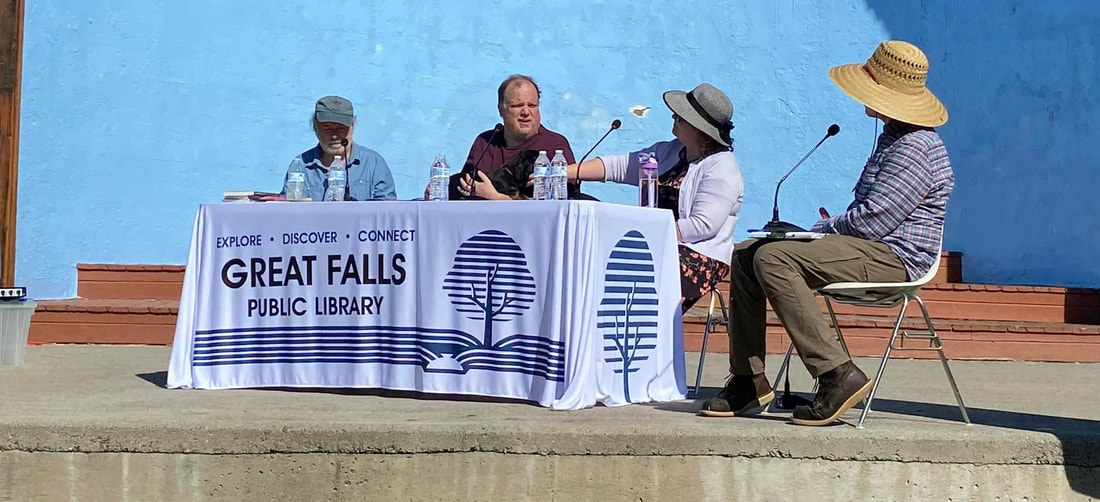
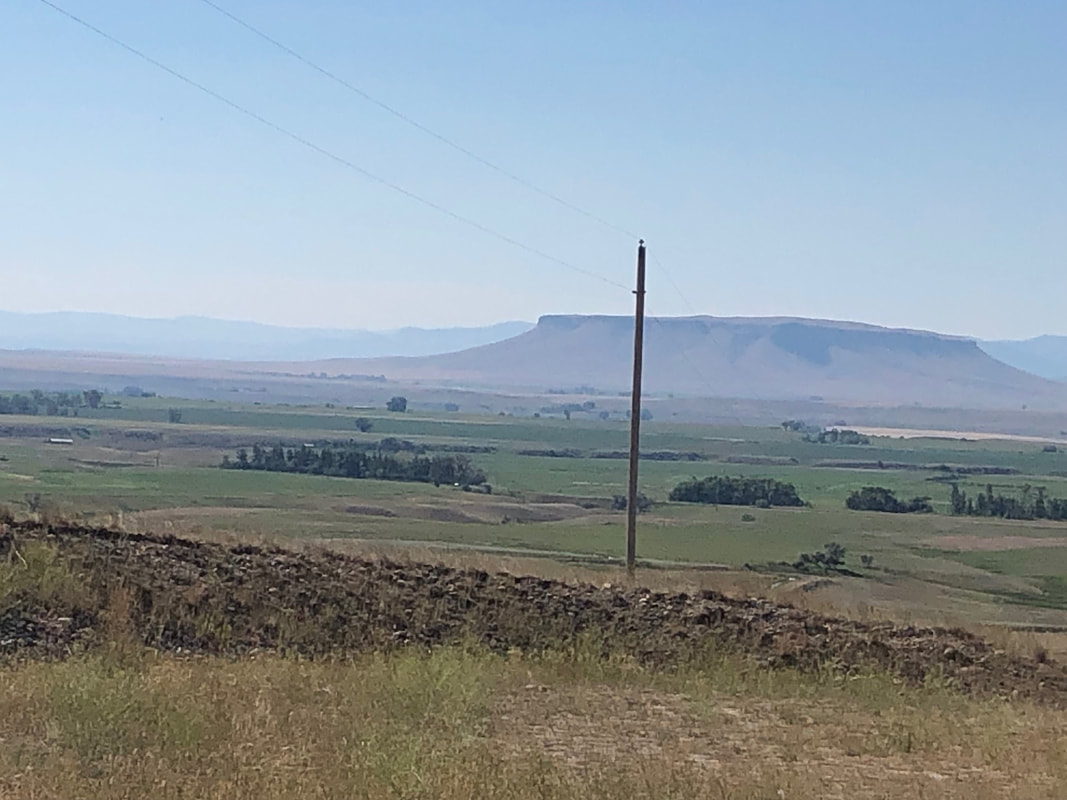
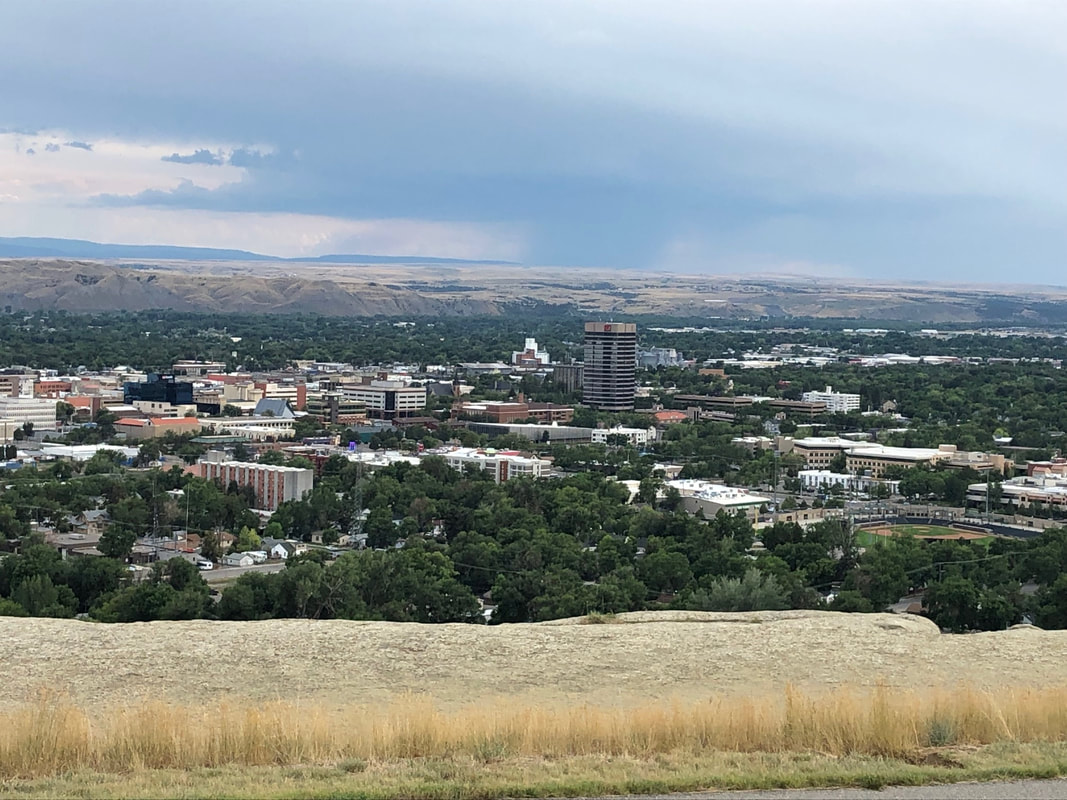
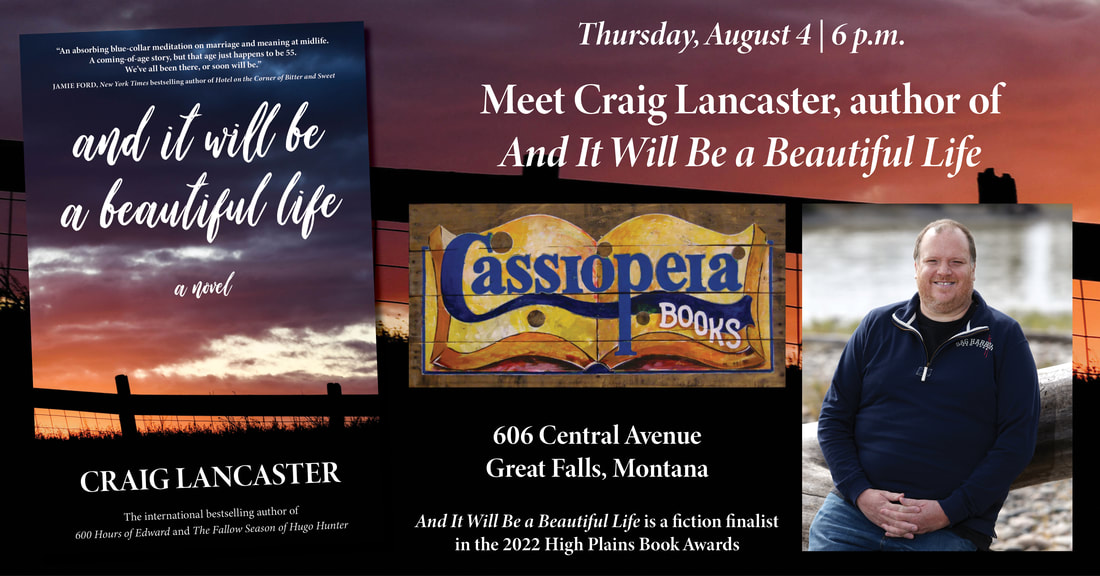
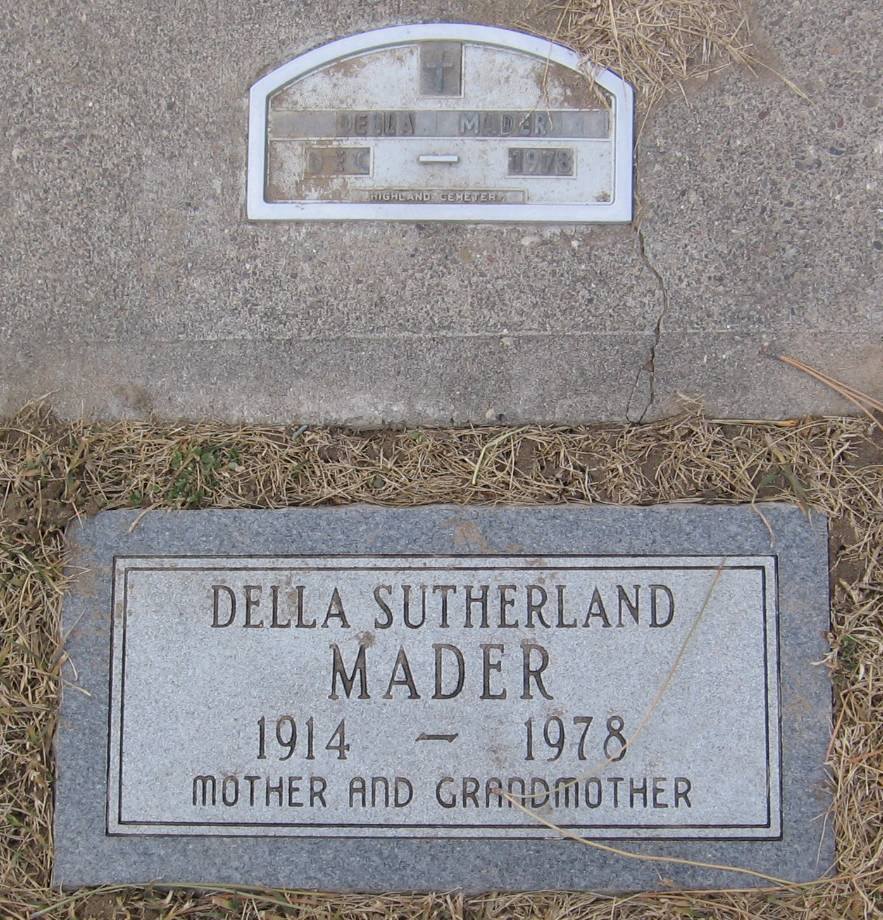
 RSS Feed
RSS Feed